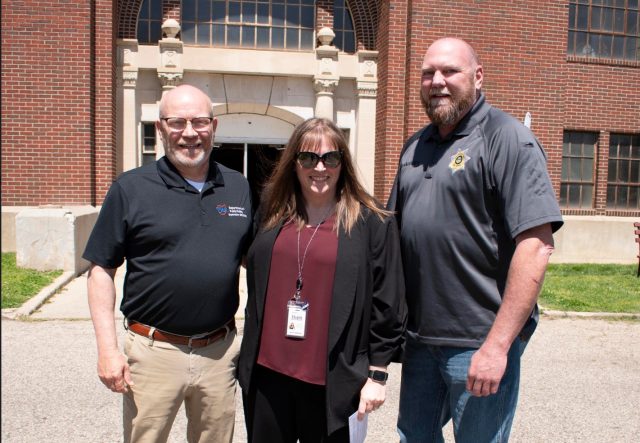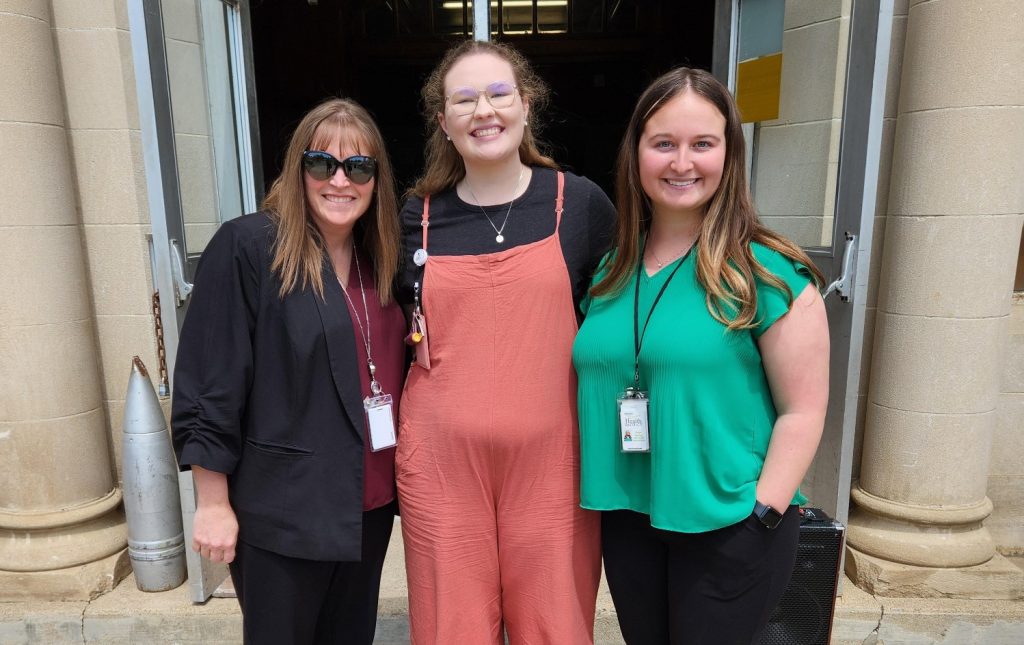

Chillicothe, OH – Last month, a collaborative effort among Ross County community partners aimed to connect residents with crucial drug treatment services and resources. Over the course of a two-day outreach event, various organizations came together to offer support and assistance to individuals battling substance use disorder (SUD).

The “Let’s Talk About Recovery Community Outreach Fair,” orchestrated by Liberty Merriman, Epidemiologist and Program Lead at the Ross County Health District (RCHD), took place at the Armory Gym in Chillicothe’s Yoctangee Park on April 24th and 25th from 10 am to 6 pm. The event featured a wide range of offerings, including education and training sessions, health and wellness programs, naloxone distribution, recovery support services, and access to treatment providers.
Kristen Slaper, Director of Law Enforcement Initiatives at the Ohio Department of Public Safety, emphasized the significance of the event, stating, “There is hardly anyone who doesn’t know someone affected by substance use disorder (SUD). Our goal is to help people get into treatment so that they are ultimately reunited with their families.” The event also provided resources beyond treatment, aiming to assist individuals in overcoming barriers such as felony records by offering services like assistance obtaining driver’s licenses and expunging criminal records.
Over the two days, the outreach teams successfully made 307 contacts with individuals seeking assistance. Additionally, 199 naloxone kits and 579 fentanyl test strips were distributed, with five individuals directly connected to treatment and 25 more referred for future treatment.
Janelle McManis, Ross County Health Commissioner, highlighted the ongoing efforts of RCHD in combating substance use disorder, including initiatives like the Catch My Breath vaping education program in local schools and the Project DAWN naloxone distribution program.
McManis also discussed the impact of the Post Overdose Response Team (PORT), a collaborative effort involving multiple agencies aimed at connecting individuals who have recently overdosed with essential resources. The team’s efforts have led to successful interventions and a decrease in reported non-fatal overdoses compared to previous years.
Reflecting on the event’s success, McManis concluded, “Because of our strong partnerships, we’re making a difference in Ross County, seeing improvements, and changing lives one day at a time.”
For more information about RCHD’s drug overdose prevention programs and resources, individuals are encouraged to visit the Ross County Health District website.










